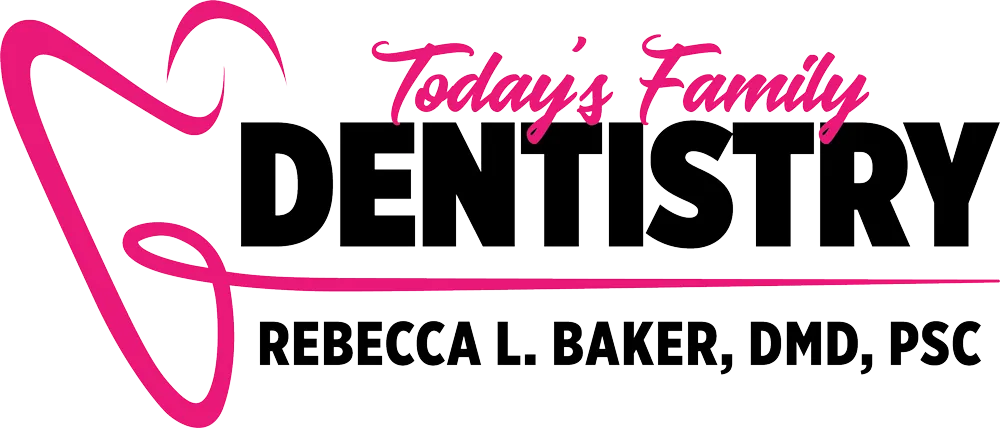It is important to follow instructions after you have oral surgery to ensure proper healing and to avoid complications. As a rule of thumb, you should always wait two hours after surgery before eating to let the anesthesia wear off. Trying to eat before this could result in soft tissue damage because you are not able to feel all of your mouth. The instructions found below are guidelines. After your surgery the doctor or dental assistant will give you full instructions on how to properly recover from surgery.
Root Canal Therapy
You can expect soreness after a root canal procedure for a few days. You should avoid chewing on the side of your mouth where the procedure was performed so you do not irritate the area and also to ensure that the temporary restorative material properly sets. You will also need to take an antibiotic to treat any remaining infection in your tooth. If you notice an increasing amount of pain or tenderness, a reaction to the medication, or the loss of the temporary restoration (filling) call your dentist immediately.
Crowns and Bridges
Before you receive your permanent crown/bridge you will first receive a temporary restoration. This is not as sturdy as the permanent version, so you should be careful when cleaning and eating. You should brush the area gently and should not pull up on the tooth when flossing because it could become dislodged. The same goes for eating. You should avoid sticky or chewy foods while you have the temporary in.
There may be some sensitivity and irritation after the temporary or permanent is placed. This is normal and will subside after the soft tissue heals. A warm salt water rinse will help, and you can also take Advil or Tylenol if the pain does not go away.
When the permanent crown or bridge is placed it may feel a little awkward for a few days. Your mouth needs to adjust to the new tooth, and it should feel like one of your natural tooth in less than a week. If your bite feels abnormal in any way, you should let your dentist know. Caring for your bridge or crown is just like caring for your own teeth. You should brush and floss regularly.
White Fillings (Bonding)
After the anesthesia wears off your teeth could be sensitive. You should avoid hot and cold food or drink for the next few days. After that initial period, your treated teeth will begin to feel less sensitive. Continue your normal hygiene plan to ensure that your fillings last for a long time.
Scaling and Root Planing
After this procedure your gums will probably be slightly sore and irritated for a few days. You should rinse your mouth with warm salt water (1 tsp salt/8 oz water) 2-3 times a day, and follow instructions given by your hygienist. This will relieve the pain and cleanse the area. Brushing and flossing should be continued right after the procedure, but you should brush gently so that you do not further irritate the area.
Veneers
Before you receive your permanent veneer you will first receive a temporary restoration. This is not as sturdy as the permanent version, so you should be careful when cleaning and eating. You should brush the area gently and should not pull up on the tooth when flossing because it could become dislodged. The same goes for eating. You should avoid sticky or chewy foods while you have the temporary in.
There may be some sensitivity and irritation after the temporary or permanent is placed. This is normal and will subside after the soft tissue heals. A warm salt water rinse will help, and you can also take Advil or Tylenol if the pain does not go away.
When the veneer is placed it may feel a little awkward for a few days. Your mouth needs to adjust to the new tooth, and it should feel like one of your natural tooth in less than a week. If your bite feels abnormal in any way, you should let your dentist know. When brushing and flossing you should pay close attention to the area between the veneer and the tooth at the gum line.
Extractions
2. Keep an ice pack on the outside of the cheek forthe first 12-24 hours. Alternate 5-10 minutes on and 5-10 minutes off as much as possible.
3. NO SMOKING, NO RINSING, NO SPITTING, NO DRINKING THROUGH A STRAW for at least 48 hours.
4. You may use warm saltwater rinses 48 hours aftersurgery 2-3 times per day. Use one full 8 oz glass of water with a ½ teaspoon of salt.
5. Keep strenuous activity/exercise to a minimumfor the first 24 hours.
6. Keep up good nutrition by eating soft foods anddrinking plenty of cold liquids for the first 24-48 hours. No popcorn, peanuts, chips, pretzels, or other hard of crunchy foods for the first week.
7.Keep your head elevated while resting orsleeping for the first 24 hours.
8.A little bit of blood on your pillow in the morning is normal, but please call the office if the extraction site is oozing blood.
Take all medications given to you ONLY AS PRESCRIBED. Please call us if youhave any concerns or problems taking your medications, such as; itching, rash,or upset stomach.

